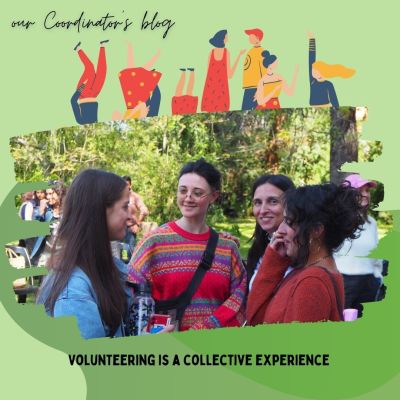The International Co-operative Alliance (ICA) founded the International Cooperative Day in 1923 which aimed to increase “awareness of co-operatives and promote the movement's successes and ideals of international solidarity, economic efficiency, equality, and world peace”. Since the UN General Assembly, under resolution 47/90, proclaimed “the first Saturday of July 1995 to be International Day of Cooperatives” bringing light to the aims of co-operatives to a larger international stage. Many cooperatives have united in celebration and used this day to exhibit and promote their work structure and noble aims which has become a prominent topic in the contemporary debate on economic work structures.
In Argentina the co-operative movement has boomed. Though the majority of the new co-ops are focused in the capital Buenos Aires, it has also expanded in the regions of Córdoba, Santa Fe and Mendoza. Following the 2001 economic crisis, where unemployment reached 25 per cent, a massive number of 6,938 new co-operatives were created as it was regarded a more resilient enterprise model. The backlash to the crisis, caused by excessive and frenzied neoliberalism which was imported into Argentina, changed the mentality and legal framework towards co-operativism which had previously been considered simply the salvation of bankrupt companies and grew to be a form of enterprise. Cooperatives have not only been proven as a successful enterprise model but more importantly, it seems too much of a coincidence that these organization seem to focus in areas which benefit local communities and society as a whole.
The cooperative sector has been largely involved in areas of education, housing, responsible tourism, agriculture and even electricity with significantly divergent aims from what we could call free market profit driven private firms as the “profit” gained of cooperative is fairly distributed (which does not necessarily mean equally) and offers benefits to society which are clearly stated in the cooperatives mission set. To me there seems no doubt that cooperatives seems to be heading, or at least thinking, in the right direction. According to the ICA (International Co-operative Alliance) 6,024 new co-operatives were created throughout 2012 representing an increase of 239 per cent on 2011. Going forward, the obstacles are to expand the model and the values that it brings with it while consistently reflecting critically on how it can improve and whether other forms of social enterprise have anything to offer to the cooperative model.
I have had the privilege of working in conjunction with the co-operatives of Los Pibes and Su Lavandería during my volunteer program with Voluntario Global in Buenos Aires and have seen the intricacies of the work structure in practice. Su Lavanderia is a laundry cooperative whose clients are hostels in the city center. It provides the young staff an opportunity to work under the condition they remain in school until the completion of their education. With this in mind, the work schedule is flexible in order to accommodate their school timetables and offers a source of income to young motivated Argentines who would otherwise have a hard time finding a part time job. Their democratic decision making process in a participatory assembly held monthly and their distributive form of paying salaries, depending on hours worked and other sets of criteria, has proven to be a model of success. Just this year the cooperative managed to obtain an industrial ironing machine which was a massive accomplishment considering the time consuming and tiresome task they used to undertake of ironing massive quantities of linen for bed covers and sheets by hand.
The textile cooperative of Los Pibes, which was founded in 2004, produces school uniforms which are distributed to families of humble means. The cooperative is located inside the Los Pibes Community Center in the ruggedly beautiful neighbourhood of La Boca in Buenos Aires. The center provides the community of La Boca with a soup kitchen; a radio station; English classes with volunteers like myself as teachers; and a place for the whole community to meet and discuss social and political issues as well as personal matters with the friends and neighbours.
These cooperatives have not only managed to disprove a common misconception that these work structure do not work or are not efficient but moreover promote good work ethics, social values and democratic principles in the work place.




